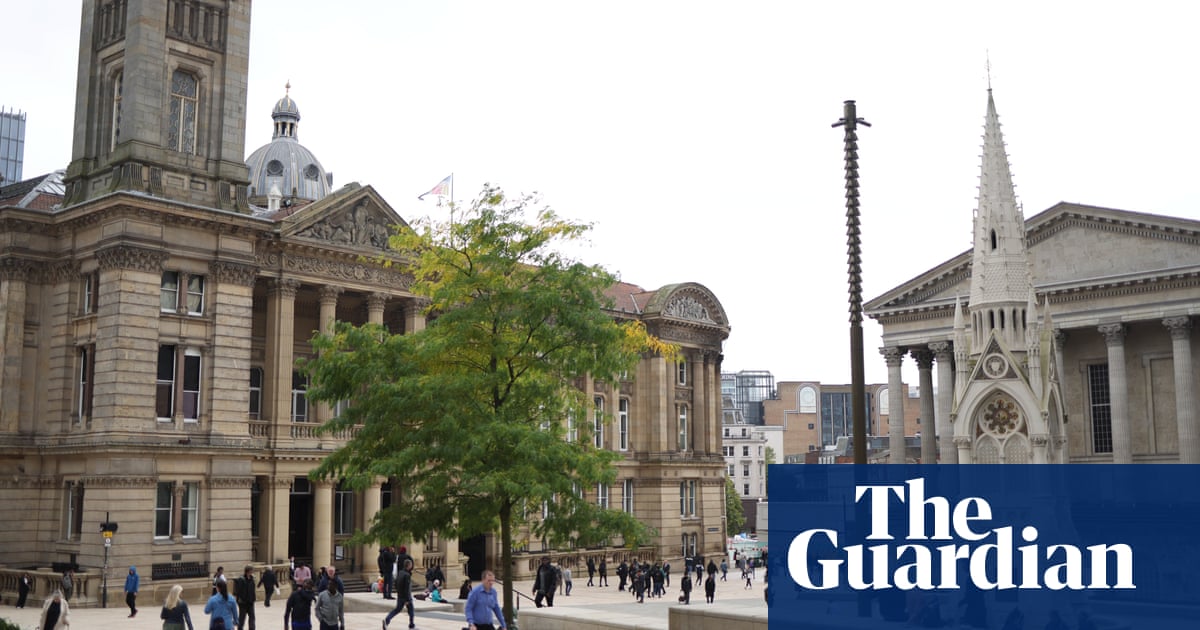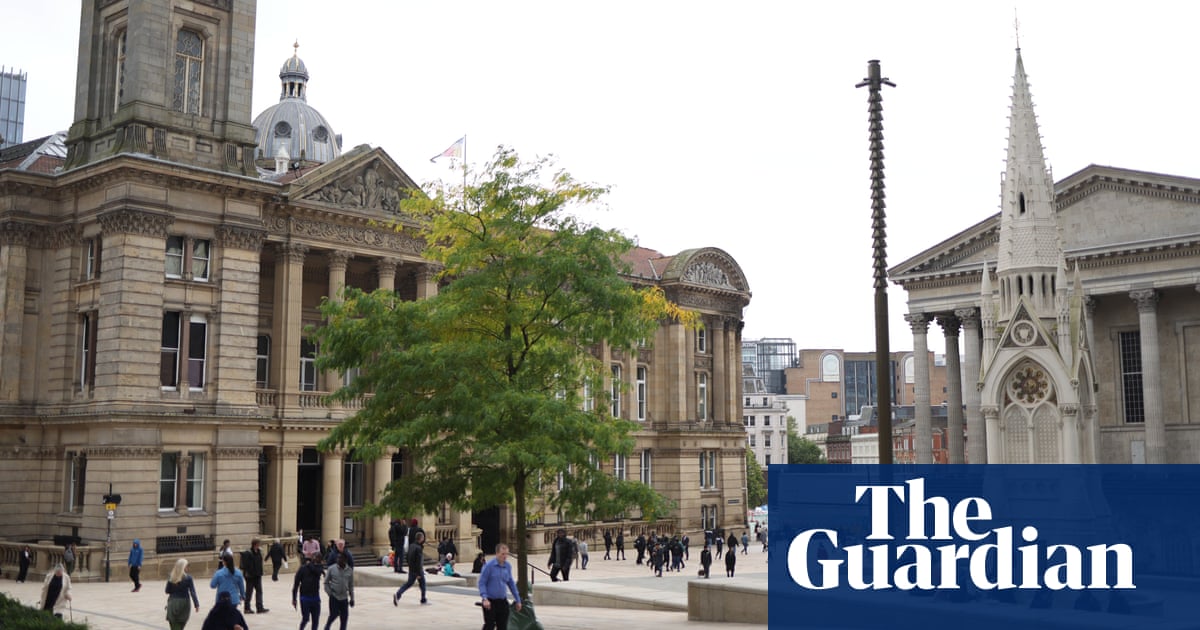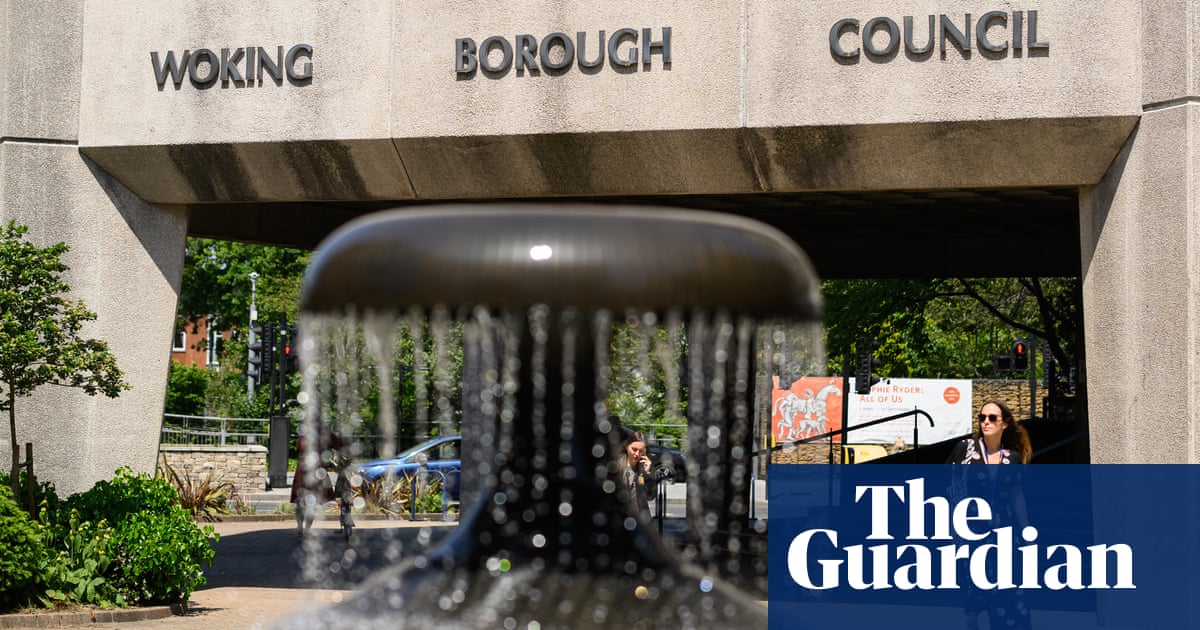
Council leaders in England have said a multibillion-pound financial crisis caused by rising inflation could make local services unviable and even lead to local authorities going bankrupt, unless the government offers emergency funding.
The cross-party Local Government Association (LGA) said local services that were seemingly secure just three months ago were now at risk of closure or cuts as councils scramble to manage an unforeseen £2.4bn rise in energy and pay costs.
The Tory chair of the LGA, James Jamieson, said the impact on services would be “disastrous” and hamper councils’ efforts to support people through the cost of living crisis at a time when demand for services was rising, especially in areas such as adult and children’s social care, and homelessness.
“Soaring inflation, energy prices and ‘national living wage’ pressures are putting council services at risk. Budgets are having to be reset, with potential cuts to the essential services people rely on, in the middle of a cost of living crisis,” Jamieson said.
The LGA estimates that without adequate long-term funding – in effect a revisiting of the spending review settlement agreed last autumn – the collective increase in inflationary costs faced by English councils this year will be £2.4bn, growing to £3bn in 2023-24 and £3.6bn in 2024-25.
It argues that these pressures, coming on the back of more than a decade of austerity cuts to local authority funding, pose a “serious risk to the future financial viability of some services and councils”.
Jamieson added: “Inflation is not going to come down overnight. As our analysis shows, the impact on our local services could be disastrous. This will stifle our economic recovery and undermine government ambitions to level up the country.”
The Guardian revealed earlier this month that councils were anticipating a collective and unexpected £1.7bn shortfall this year as a result of inflation. The LGA has updated this to include estimates from England’s 181 district councils, as well as additional analysis of the impact of increases in the national living wage.
When budgets were set earlier this year, councils were typically factoring in average pay and inflation costs of about 3%. However, inflation is now at 9%, with the Bank of England predicting it will hit 11% by October.
Councils are required by law to balance their books each financial year, meaning that fixing financial shortfalls cannot be put off. This is likely to lead to job losses, and the abandonment or delay of building projects such as new schools or regeneration schemes. It could also result in service cuts, from libraries and leisure centres to road repairs.
John Boyce, the Liberal Democrat leader of Oadby and Wigston borough council in Leicestershire and an executive member of the District Councils’ Network, said: “This could push some councils over the edge, or they will have to make radical cuts. That’s difficult because we are already cut to the bone. Cuts means staff, and staff equal frontline services.”
Lisa Nandy, the shadow levelling up, housing and communities secretary, said: “There is a crisis on the horizon. The cleaners, carers, bin collectors and other council workers that kept this country going during the pandemic and are now struggling to feed their families deserve a pay rise.
“But councils have seen billions cut from their budgets in the last decade and are now facing billions more in extra costs due to soaring inflation. They cannot square this circle alone.
“Ministers are the only people who can get everybody round the table and find a solution to protect vital council services. They must urgently do their job to prevent yet more chaos.”
A government spokesperson said: “This year, we made an additional £3.7bn available to councils so they can continue to deliver key services, and we are working with the sector to understand the impact of emerging challenges.”
However, the LGA, which hosts its annual conference in Harrogate this week, said that inflation had already eaten through this year’s increase, and with the lion’s share of the three-year spending review increase falling in 2022-23, councils would be even more exposed in future years. It estimated a net funding gap of £1.4bn this year and £3.4bn next year, rising to £4.5bn in 2024-25.












